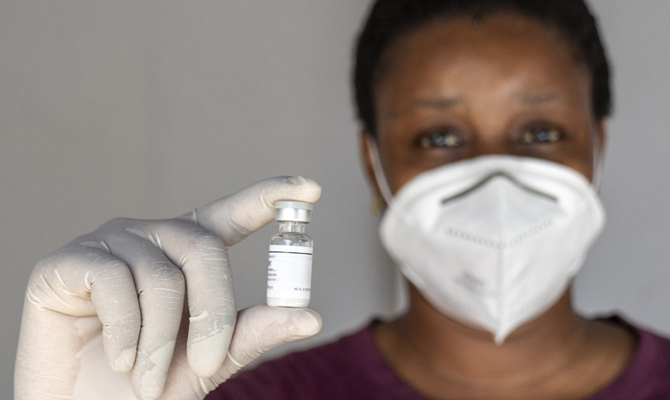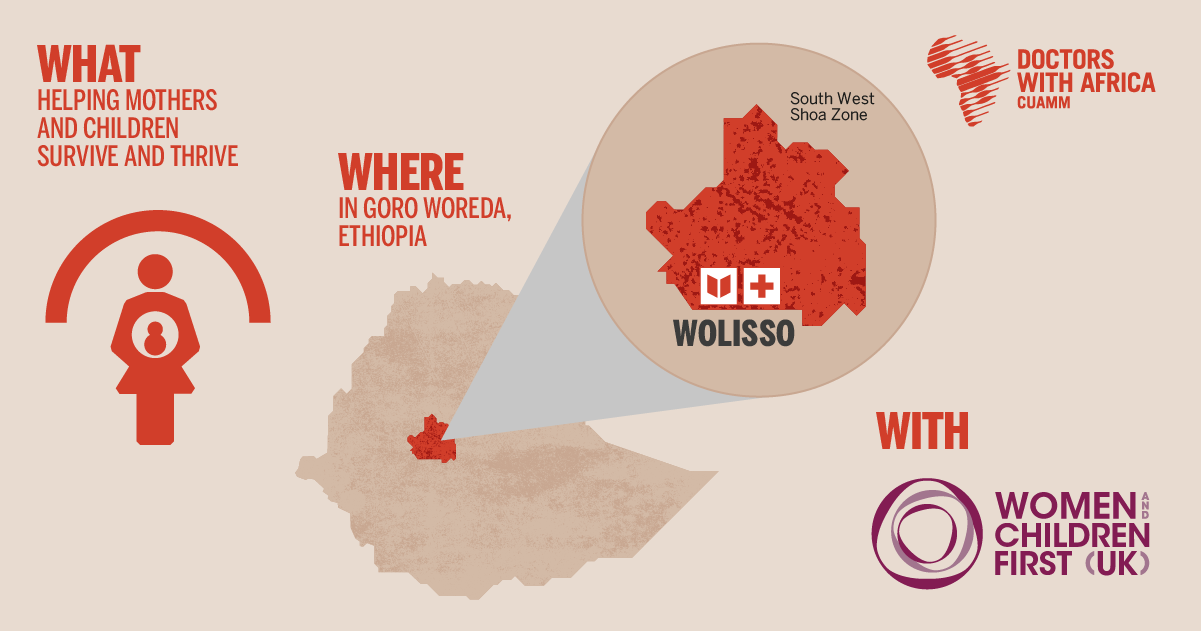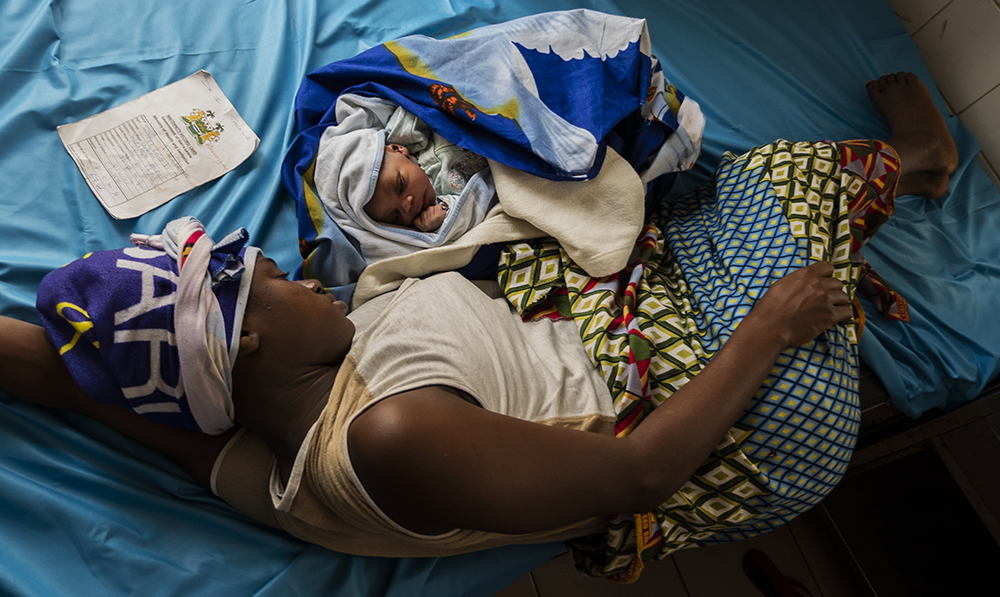Data from a Global Fund report published a few days ago are very concerning: HIV, tuberculosis, malaria, long-time major endemics, are recording an alarming decline in diagnosis and treatment in poor countries.
Among the most significant numbers reported: there are 41% fewer HIV tests; referrals of tuberculosis patients — i.e., those with suspected TB referred for more in-depth diagnostics — have decreased by 59%; malaria diagnoses have decreased by 31%and pre-natal visits of pregnant women have dropped by 43%. These are some of the indirect effects that the Covid-19 pandemic has had in limited-resource settings (The impact of Covid-19 on HIV, TB and Malaria services and systems for health: a snapshot from 502 health facilities across Africa and Asia). The study compared the period from April to September 2019 with the same period in 2020; it considered 502 health facilities in 32 countries, 24 of which were in Africa (including also Ethiopia, Central African Republic, Mozambique, Sierra Leone and Uganda) and 7 in Asia. The situation it shows is very dire.
It is as if the last 10 years of progress was erased in the fight against HIV, TB, and Malaria. Based on the data coming out of this Global Fund study, the situation is truly grim and, once again, involves diseases linked to poverty,” explains Rossana Urso, Project Coordinator at Doctors with Africa CUAMM. This is a major drain on resources and work done. One example? In Angola, in 2020, half of the funds for the health sector (50%) were diverted to fighting the spread of Covid-19, which had the effect of diverting significant resources from the fight against other diseases such as tuberculosis and HIV.” She continues: “If you do not do tests on the population, you cannot identify people who are ill and give them treatment. The long-term consequences will be very serious, especially for the fight against HIV for which so much has been done.
The report’s introduction immediately paints a gloomy picture: “In 2020, the COVID-19 pandemic impacted the world beyond imagination. To date, it has infected more than 135 million people, killed over 2.9 million people, and is projected to plunge up to 115 million people into extreme poverty. As countries have gone into lockdown, gender-based violence has increased, unemployment has soared, and access to health care for the poorest and most vulnerable has been cut. Covid-19 has made people less likely to seek health care because they are afraid of getting infected with the virus.”
This situation has been confirmed by those working in the field for Doctors with Africa CUAMM who have recorded reduced access to care by about 30% in the hospitals where we operate. For example, at PCMH in Freetown, Sierra Leone, 2,000 fewer babies were delivered in 2020 than in 2019. Women gave birth at home, putting themselves and their babies at greater risk. Covid-19 has underscored the total fragility of the health systems of poor countries and aggravated the situation. For instance, as the Global Fund report shows, only 45% of the health units analyzed had adequate protection materials to defend against contagion and only 11% of centers in Africa were equipped to carry out rapid tests to detect Covid-19.
Rossana Urso says:
Facing this situation as CUAMM, we can commit even further to distributing protective material and equipment, to training health personnel so they can quickly identify suspected cases of Covid-19 and TB, which have similar symptoms, and we can support health authorities to find new approaches to restore people’s confidence, so they are not afraid to go to the hospital for treatment or to give birth. For example, in Angola, we will start a monitoring system for patients being treated for TB in Luanda so they can take the necessary medications, in order to reach everyone and lose as few patients as possible. And then most important of all: facilitating the vaccination of health workers and fragile people, because if a person is sick with HIV or TB and also contracts Covid-19, their hopes of survival are really very slim.





